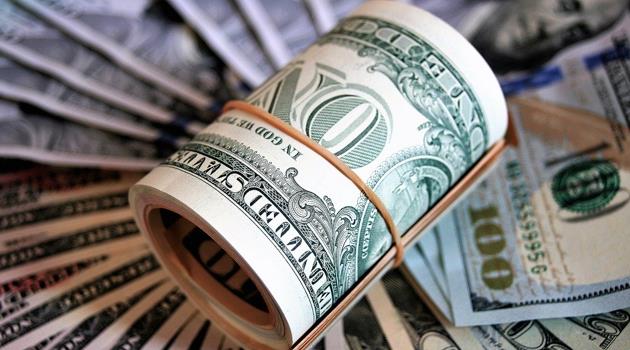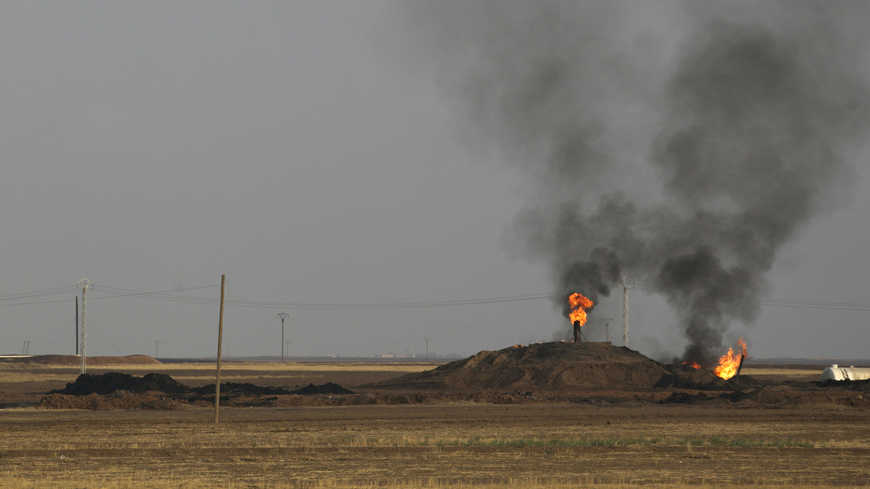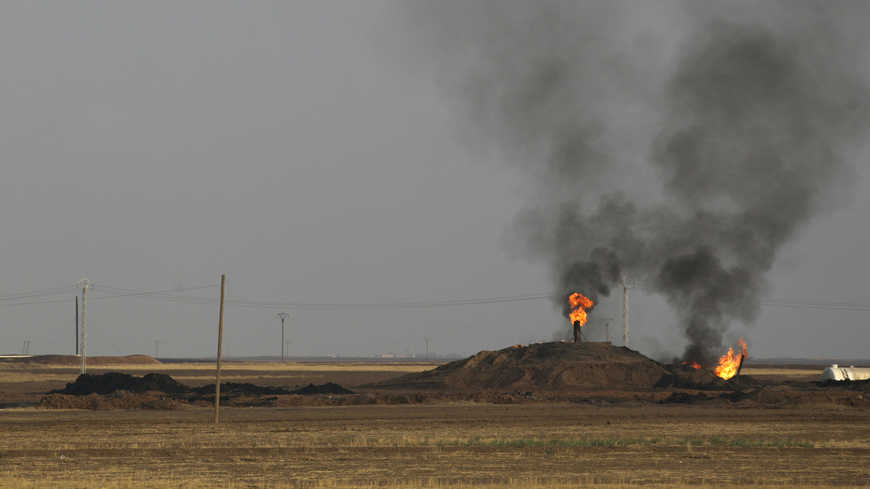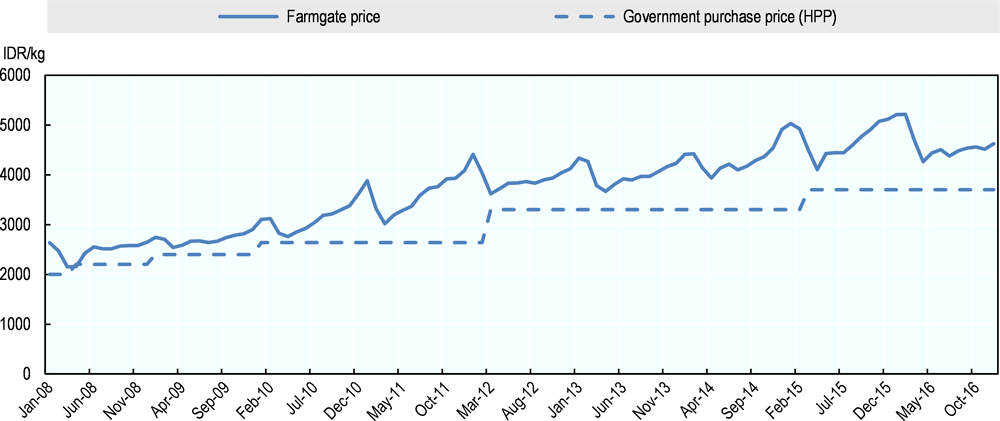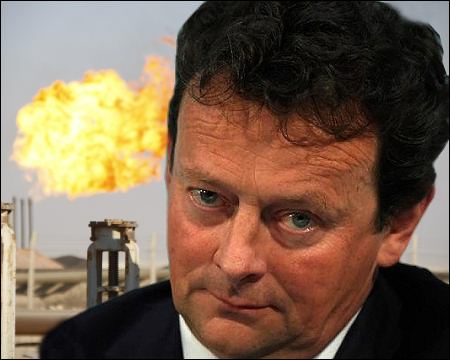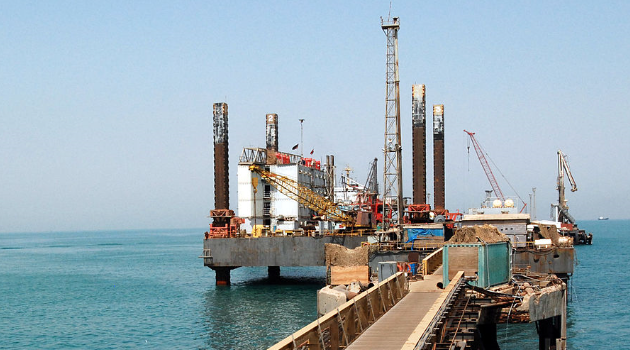Following the announcement of 16 May 2019, in which it was stated that Steve Whyte (pictured), Chairman of Genel Energy, would not be standing for re-election at the 2020 Annual General Meeting, the Company announces that Steve has now resigned with immediate effect.
George Rose, Senior Independent Non-Executive Director, will act as interim Chairman until the ongoing search for a permanent Chairman is completed.
George Rose, interim Chairman of Genel, said:
“When Steve joined Genel the Company had net debt of almost $150 million and unpaid oil receivables of over $400 million. He was a driving force behind the Receivable Settlement Agreement, which has transformed Genel’s financial position. We now have a stronger portfolio with exciting growth options and the right team to deliver them.
“Our highly cash generative oil production more than funds this growth, with sufficient cash left over to pay a material and progressive dividend. I would like to thank Steve for his efforts at Genel and look forward to seeing his future successes.”
(Source: Genel Energy)

